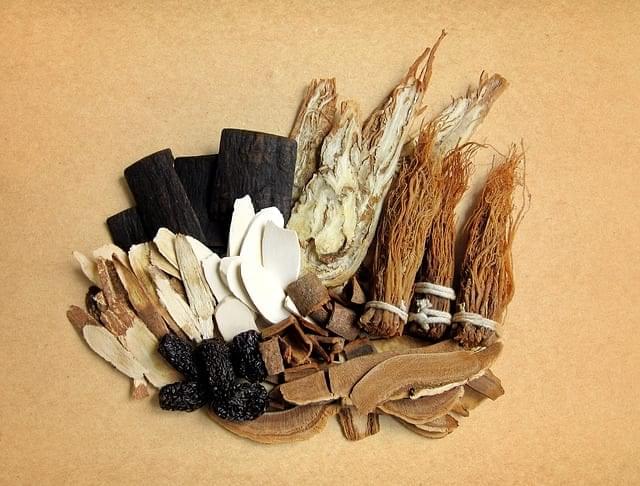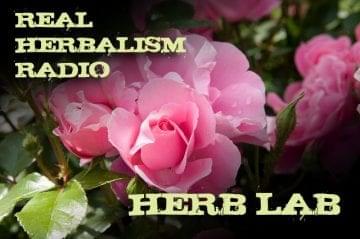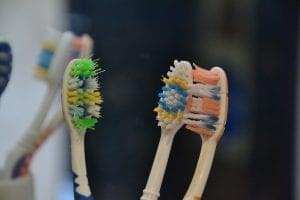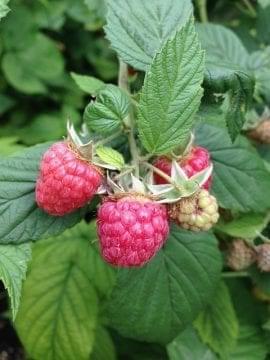Dong quai has been extensively studied as it reduces uterine contractions, inflammation, and pain. For those that struggle with painful periods due to menstrual cramps, this herb is true blessing.
Read this article and all of our other Herbal Nerd Society Content.
Become a Member Today. Join Us Here. | Already a Member just log in here.






